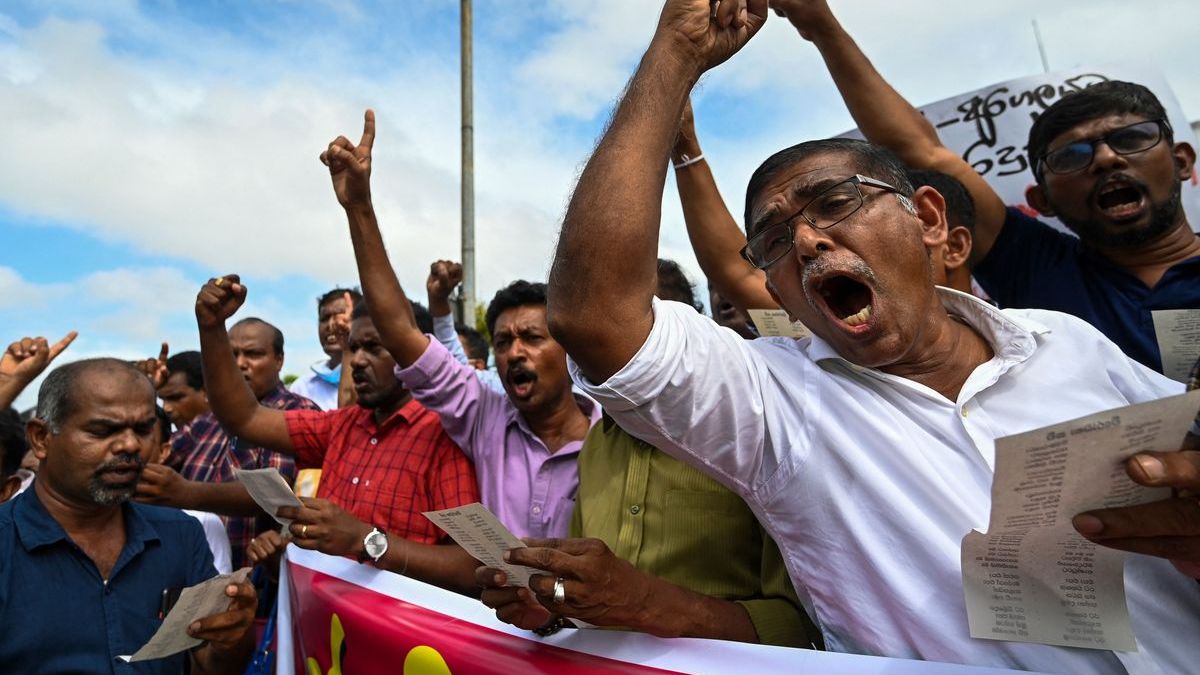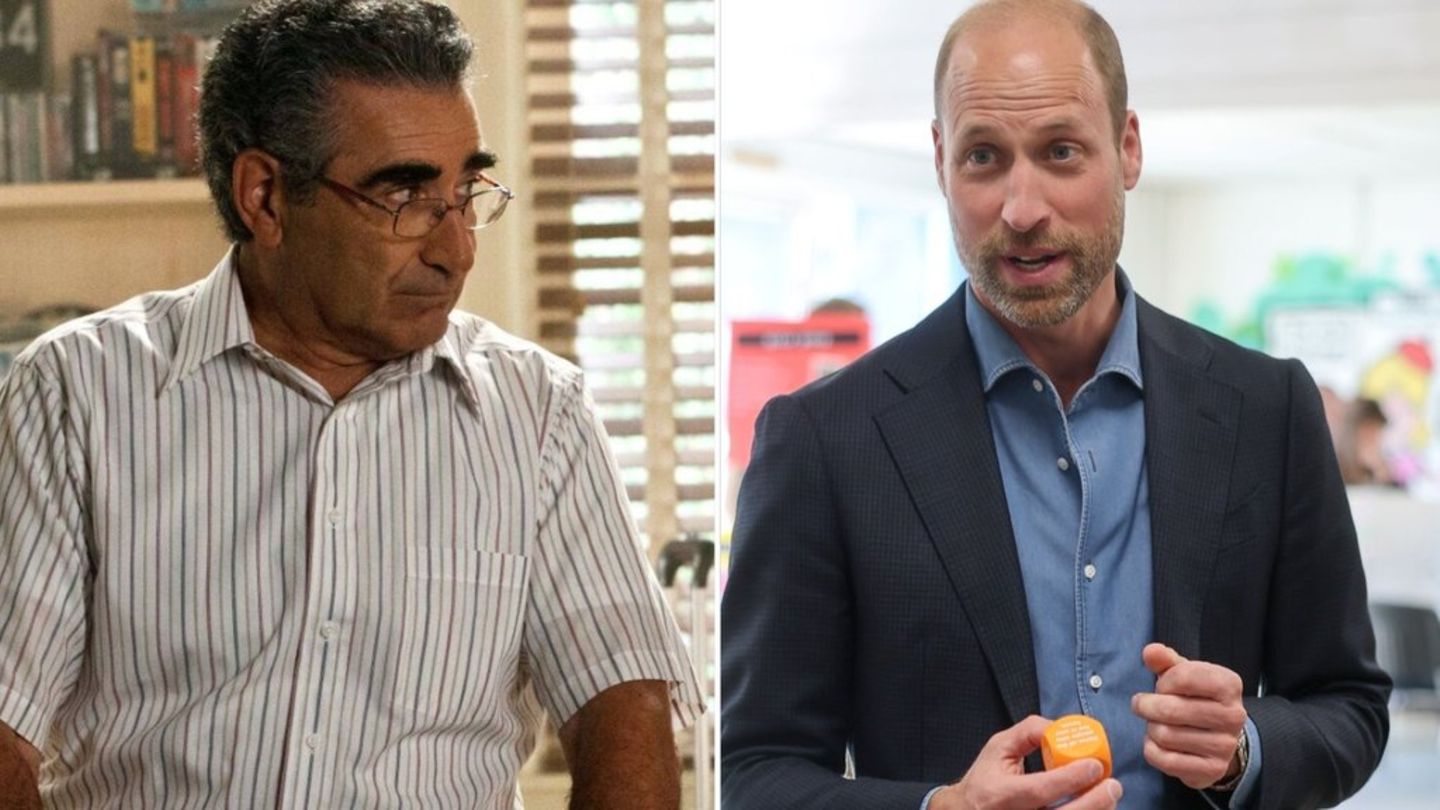The default makes the country the first in Asia to default since Pakistan in 1999.
Although the grace period began on April 18, the maturity date of both bonds, the Sri Lankan government had already announced on April 12 that it will suspend payment of its external debt for a “provisional period”, in order to protect the scarce foreign exchange remaining in its reserves.
At that time, the Government described said debt – which totals US $ 51,000 million – as “unsustainable”, and indicated its intention to reach an “orderly and consensual” restructuring. that is compatible with an economic program “backed by the International Monetary Fund (IMF), an organization with which it intends to negotiate a rescue program.
According to the government, the country will need about US$3 billion to US$4 billion this year to get out of its crisis, and a restructuring agreement could last for six months.
Following this announcement in April, the rating agency S&P Global Ratings declared the country in “selective default”: most of the country’s debt bonds have “cross-default” clauses, which means that the default in a single dollar bond causes default on all the others.
Sri Lanka’s public debt is currently close to 119% of its GDP, with a fiscal deficit of more than 10% of the product and sovereign bonds that are among those with the greatest falls in the world so far this year.
Added to the pandemic, which generated a strong impact on its economy -dependent on tourism and remittances- is the lack of access to international capital markets since 2020, which caused a drop in its international reserves to critically low levels. ; the rise in the prices of commodities, and the worsening of the world credit market after the rise in rates established by the US Federal Reserve (FED).
The shortage of foreign currency makes it difficult to import basic resources, and the population of 22 million inhabitants suffers from lack of food, medicine and fuel, as well as cuts in the electricity supply.
In the same way, The country is impacted by inflation, which is projected to reach 40% per year (in the last two years it has remained at a level no higher than 8%) in the coming months.
The economic crisis sparked protests in the country that led to the resignation of Prime Minister Mahinda Rajapaska last week, and the subsequent assumption of said post by Ranil Wickremesinghe, who on Monday warned that the country’s finances are in “extremely bad” state. precarious”.
However, analysts now envision a stage of greater political stability, which could pave the way for dialogue with the IMF, which is currently on a mission in that country.
Various international organizations such as the World Bank have warned about the debt crisis in low- and middle-income countries: if Moody’s is taken into account, in the last two years there have been seven defaults on sovereign bond payments, half of the entire 2010s.
Source: Ambito
David William is a talented author who has made a name for himself in the world of writing. He is a professional author who writes on a wide range of topics, from general interest to opinion news. David is currently working as a writer at 24 hours worlds where he brings his unique perspective and in-depth research to his articles, making them both informative and engaging.




